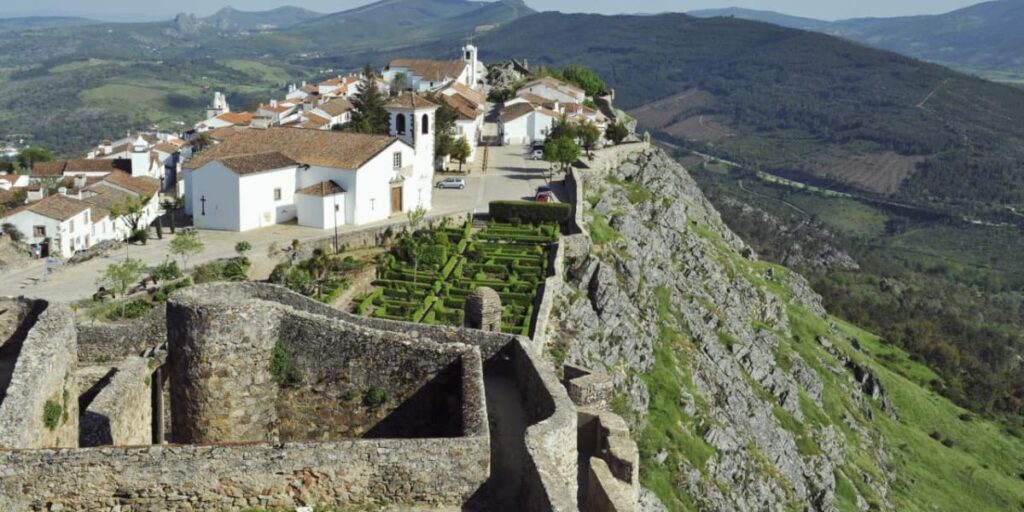Retirement often comes with dreams of new adventures, but not every retirement story unfolds smoothly. The case of Kate and Dan Morse, who retired to Portugal in 2018, serves as a reminder that unexpected hurdles can arise despite thorough preparation. The couple conducted extensive research on the intricacies of living as expats in a foreign country, but they still encountered several challenges during their three-year stay. Eventually, they decided to return to the United States, setting roots in Denver. “It’s not as easy to be an expat in Portugal as people seem to think,” Kate, 71, shared, summarizing their experience as they navigated complex realities in what was supposed to be their idyllic retirement.
As of 2022, more than 10,000 Americans were residing in Portugal, a small fraction of the nearly 1 million foreigners who live there, comprising about 10% of the country’s population. The Morses explored a couple of visa paths—specifically, the Portugal Retirement Visa (D7), which permits retirees to live off passive income such as Social Security, and the Portugal Golden Visa (D9), which offers a pathway to EU citizenship through economic investment. The Morses found their initial residence in the Alentejo region, near a quaint village named Monte Carvalho, which provided not only picturesque natural surroundings but also a community of diverse expats from various European nations.
Despite the evident charms of their new life—including stunning landscapes, delightful weather, and the opportunity to travel throughout Europe—Kate and Dan faced significant difficulties. They enjoyed the scenic rural life with their 20 acres of land filled with fruit trees but mourned the absence of easy communication due to the language barrier. Residing in a remote area where few spoke English made daily interactions challenging, contributing to moments of vulnerability. The ability to articulate their needs in a foreign language proved essential, yet remained a struggle for them. As Kate noted, the reality for many expats often includes being perceived as lucrative targets for overcharging, highlighting a prominent cultural challenge for newcomers trying to navigate everyday transactions.
The Morses also faced logistical issues with their finances, as American banking practices did not sync well with the Portuguese system. Their status as expats complicated aspects of their financial dealings, such as maintaining their pensions and Social Security payments, which required a U.S. address. Problems escalated when they encountered difficulties accessing their brokerage accounts, resulting in a significant delay in accessing their money while living abroad. Dan remarked that many individuals moving overseas underestimate these financial complexities, emphasizing the necessity for thorough research and understanding of the implications of managing finances abroad.
Healthcare added another layer of stress to their experience in Portugal. Initially relying on private health insurance, the couple soon discovered that eligibility for such coverage diminished after the age of 70. While they found the public health system acceptable, it lacked the immediacy and assurance offered by private care. The onset of the COVID-19 pandemic intensified their desire to return to the U.S., as the lockdowns in Portugal were particularly strict, leaving them isolated in their rural home. Compounding their worries was the challenge of accessing healthcare professionals who could communicate in English, leading them to question the adequacy of their resources if medical issues arose.
Ultimately, Kate and Dan’s journey serves as a poignant reminder that even the most well-laid retirement plans can encounter unforeseen obstacles. Their longing for an ideal retirement in Portugal transformed into an immersive learning experience that exposed the complexity required to successfully transition into expat life. While they deeply appreciated the natural beauty and unique culture around them, the combination of language barriers, financial complications, and health concerns ultimately led them to return to Denver, where they could once again enjoy the comforts of familiarity and community.

